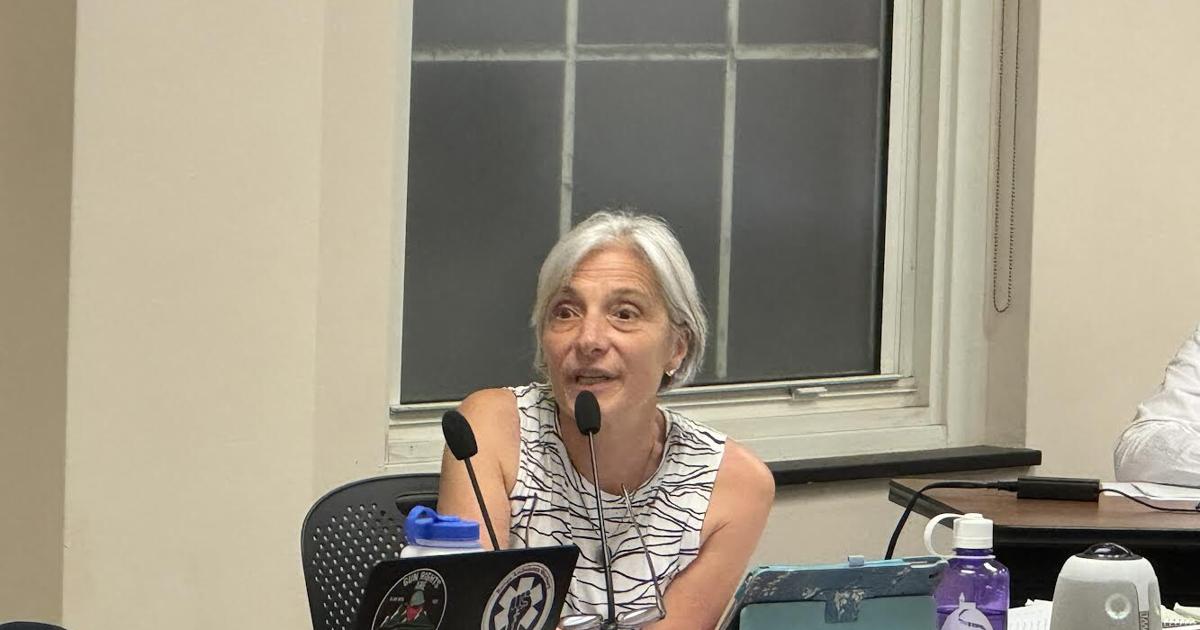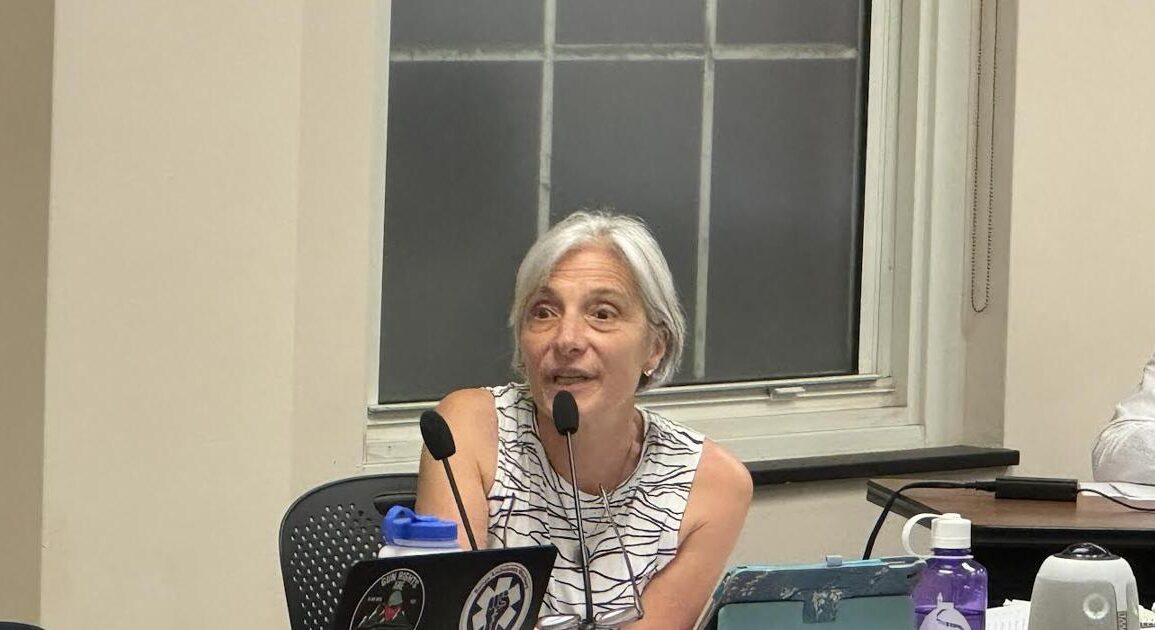
The Ithaca Common Council approved a budget amendment on Thursday allocating up to $50,000 for a reparations study focused on the city’s history of systemic racism and its impact on present-day inequities experienced by Black residents.
First Ward Alderpersons Phoebe Brown and Kayla Matos introduced the amendment, which was passed by a vote of 8-3 after a brief debate.
Phoebe Brown, a long-time advocate for reparations in Ithaca, introduced the budget proposal alongside Matos as part of the Solidarity Slate’s broader mission to address racial disparities in the city. The study will serve as the foundation for future policy discussions on reparations.
“Reparations are needed to repair the damage, and they’re way overdue for Black people,” Brown said during the meeting. “It’s time we stop asking whether Black people deserve reparations and start moving toward action.”
With the proposal’s passage, the council will now move to establish the framework for conducting the study. This process will involve appointing a research committee, hiring an appropriate consultant or research firm, and defining the study’s scope and objectives.
Mayor Robert Cantelmo, who voted in favor of the amendment, emphasized that the research phase is crucial for understanding the local impacts of historic injustices and crafting effective policy solutions.
“The study is not the end; it’s the beginning of a long-overdue conversation about reparations in Ithaca,” Cantelmo said.
This recent approval follows years of grassroots organizing and advocacy around reparations in Ithaca. Groups like the Southside Community Center and Creative Hub 4 Culture have hosted community town halls and discussions, pushing for a formal recognition of the need for reparations.
The momentum grew significantly in January 2024 when the council identified reparations as a “high impact” policy priority. However, efforts to secure funding in 2022 faced procedural obstacles, specifically around the appropriate allocation and type of funding to be requested, delaying action until now.
Despite broad support, the vote was not unanimous. Some council members expressed concerns about the impact of committing city funds to the initiative during a tight budget year. Third Ward Alderperson David Shapiro was one of three members who voted against the amendment, questioning whether the city should be the primary entity leading such a study.
“I believe reparations are necessary, but I question whether this is the right time or the right approach,” Shapiro said. “Our community is facing many urgent needs, and we must be prudent with our limited resources.”
Like Shapiro, Fifth Ward Alderperson Margaret Fabrizio voted against the amendment, expressing concerns about budget priorities and urging fellow council members to show fiscal discipline in their decisions.
“Sometimes, people just have to toughen up and make hard budget choices,” she said. “We can’t keep adding to the budget without considering where the money is coming from.”
Third Ward Alderperson Pierre Saint-Perez echoed these sentiments, indicating that while he supports exploring reparations in principle, he remains cautious about allocating city funds. “This is an important conversation, but we need to be thoughtful and deliberate in how we approach it, especially given the budget pressures we are facing,” Saint-Perez said.
In contrast, Kayla Matos, who co-sponsored the amendment, highlighted the growing support from community members and organizations. “This proposal reflects the will of our residents,” Matos said. “Over a hundred people signed our petition, and countless more have shown up to town halls and meetings asking us to take action. We owe it to them to move forward.”
Ariana Taylor-Stanley, a local organizer with Tompkins County Showing Up for Racial Justice (TC SURJ), has emphasized the importance of wealth redistribution as part of reparations. Taylor-Stanley cited the success of TC SURJ’s Redistributing White Wealth campaign, which has moved over $97,000 to local BIPOC organizations, as evidence of the community’s readiness to support government-led reparations efforts.
“Many white folks here understand on a material level the importance of wealth redistribution and are ready to support reparations at the governmental level,” Taylor-Stanley said.
As Ithaca looks to move from discussion to action, supporters hope this study will lead to broader reparations policies.
Brown, who has long been an advocate for reparations in Ithaca, pointed to the city of Evanston, Illinois, as an example of how local reparations can be implemented effectively. In November 2019, the City of Evanston established a reparations fund of $10 million from its tax on recreational marijuana sales.
“Reparations for Black people are not new,” she remarked. “Other ethnicities have been able to get reparations … and we’ve been fighting, and voicing, and asking for reparations for decades.”
The council will meet again in the coming weeks to discuss the composition of the research committee and the next steps for launching the study.



